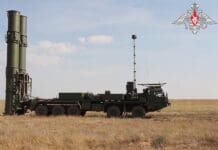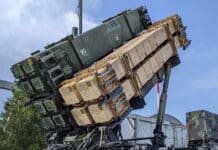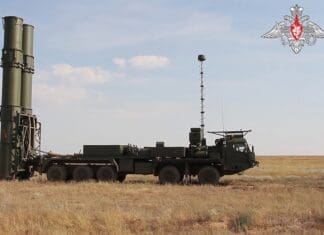This post is also available in:
 עברית (Hebrew)
עברית (Hebrew)
Autonomous helicopters signal a new era in aviation – one of a safer sky. Rotor Technologies is a startup founded by MIT PhDs, and it is on a mission to remove humans from risky commercial helicopter missions. This “remote pilot paradigm” envisions a future without pilots in the cockpit.
The mission of founder Hector Xu, who got his PhD in MIT’s Department of Aeronautics and Astronautics, is to make helicopter flights safer by retrofitting existing helicopters with cutting-edge technology.
The reason for this mission is how dangerous smaller private helicopters can be. While commercial passenger planes are extremely safe, most fatalities result from small aircraft incidents, especially during activities like crop dusting, firefighting, and medical evacuations. Rotor’s solution to this problem involves equipping helicopters with sensors and software, thus making some of the most dangerous flights autonomous.
According to Interesting Engineering, Rotor’s autonomous helicopters significantly outperform traditional battery-powered drones by flying faster, longer, and carrying heavier payloads. Rotor managed to accelerate its commercialization process by retrofitting reliable helicopter models that have been around for decades, and they are already holding demo flights with plans to put them for purchase later this year.
Rotor’s chief commercial officer Ben Frank explains: “We’re really focused on autonomy. That’s what we specialize in and what we think will bring the biggest step-change to make vertical flight much safer and more accessible.”
Rotor’s solution revolves around a “fly by wire” system, which is a blend of computers and motors interacting with the helicopter’s flight control features. The system is also further enhanced by advanced communication tools and sensors adapted from the autonomous vehicle industry.
Rotor’s flagship autonomous aircraft is the impressive R550X. It can carry loads up to 550 kg, travel at speeds exceeding 190 kph, and stay in the air for hours at a time.
While the immediate impact of this innovation is on safety, Xu says he envisions Rotor playing a pivotal role in making daily life more autonomous and affordable, including transforming how we transport humans.
Xu said in a press release from MIT: “Today, our impact has a lot to do with safety, and we’re fixing some of the challenges that have stumped helicopter operators for decades. But I think our biggest future impact will be changing our daily lives.”


























